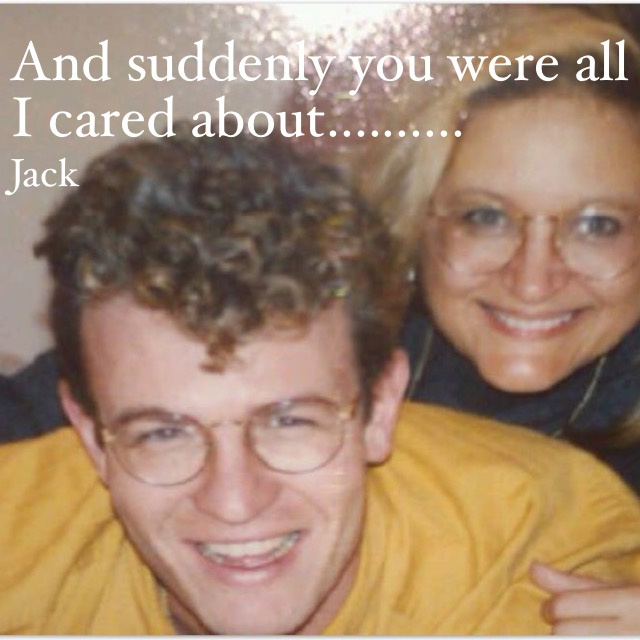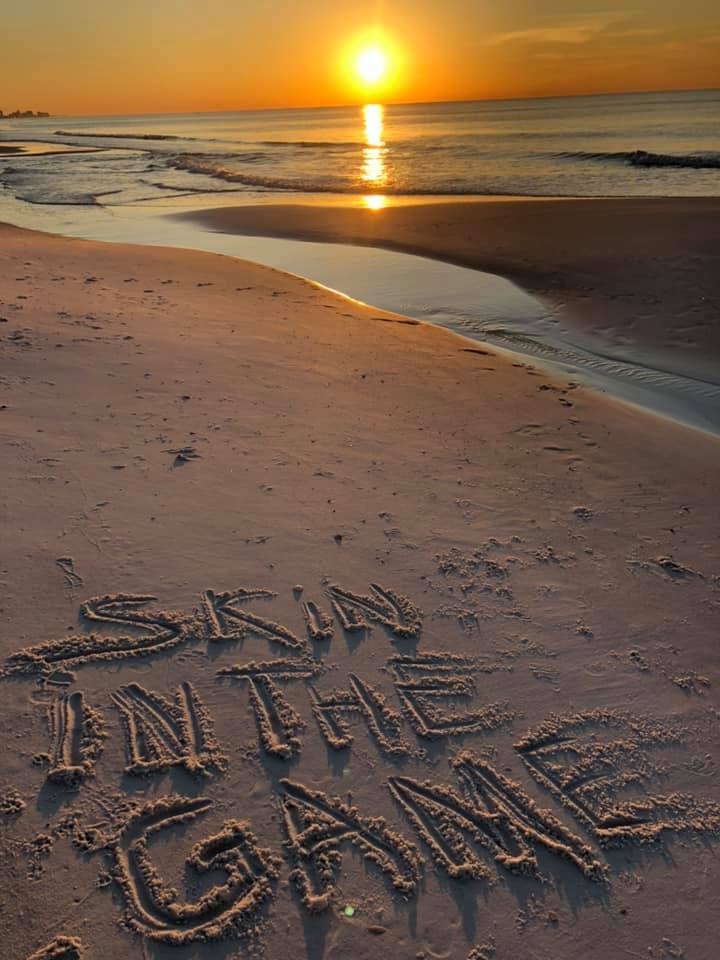Do you only value something if you know it’ll end?
So what do you do with your significant other when it is over? Ponder the question before you pull out a piece of paper and answer this question.
What would a Black Swan do?

Would they sacrifice themselves and leave what is left for the person they are cutting out of their life?
Do you believe there is addition by subtraction? Many people talk a big game but are they capable of writing a goodbye letter to a spouse who ruined your life?
I think Neil Young had it right when he said, ” “It’s better to burn out than to fade away.”
Sometimes we need to look past the chemistry and the butterflies to what is really going on at the base of it all. Who is the person you’re looking at in this moment? Do they match the idealized figure you’ve built up in your mind? What behaviors are confirming or denying that belief?
Will you end your relationship quickly or will you bleed it slowly? Most people will go for the slow death of a relationship because they have little experience with death. This is a grave error.
How many lost days are you willing to sacrifice before you give up?
For those who value time the answer will be different than the rest of you reading this.
Do you believe there’s a beginning in an end ? It’s true that you can’t reclaim what you had, but you can lock it up behind you. You can start fresh if you cut the head off the snake soon.
Are our relationship’s just a bunch of accidents, connected by one perfect end?
Does the end of your relationship justifies the means. Might it be true that sometimes you have to do the wrong thing to get the right result?
Have you considered unusual mechanisms to solve your relationship dilemma?
How much do you know about discernment counseling?
Discernment counseling is not couples counseling. It doesn’t aim to fix any problems. Instead, in just a handful of sessions (both joint and individual), it helps couples on the verge of relationship breakdown understand why their problems have become so intractable, helping them trace the downward spiral and examine their patterns from a different perspective. In a sense, it’s an exit interview for a relationship, but one that leaves the door open to reconciliation.

And in an instant it all changed.
When I decided to get divorced I did discernment counseling before I signed my divorce papers………..I wanted to make sure my decision tree was plumb with my reasoning before I ended my relationship.
In this therapy I found out 50% of people who hire this type of therapist save their relationship before they transition into more traditional therapy. I found out many people who do this have even backed out of divorces. This peaked my interest. This why I did it. I did it on my own. I beleive many couples are unhappy for a long stretches, but many feel they can’t just leave. because they haven’t really done any work to address the problems in the relationship in any meaningful way.

Before my final exit I had to know I covered all my bases. So I jumped and did it.
When our partners aren’t right for us, they have a funny way of showing us that truth, but it takes a dose of radical honesty to see these warnings for what they are. To see these red flags for what they are and accept them, we have to start loving ourselves and setting boundaries both inside and out. Only when we learn how to love ourselves can we truly start loving others and receiving the love we deserve.When we love, we love deeply and that can often cause us to overlook critical red flags and warning signs that are best faced head-on and in the moment. Part of forming happy and lasting relationships is learning how to confront issues in those relationships as they happen, something that takes both time and understanding to carefully manage.

Most of the couples who sign on for discernment counseling are “mixed agenda,” meaning one is eager to walk (me), and the other wants to make things work (her).
I did it because I was sure I was done……..but I wanted exogenous validation that my feelings where solid before i dropped the hammer on my partner.
I suffered deeply from relationship ambivalence—this is the agonizing process of feeling uncertain about a romantic partner even while going through the daily motions of a relationship.
I think I had hoped I’d find an answer to why I felt why it was worth while staying, or maybe that I may conclude that I shouldn’t stay at all.
With either conclusion, the mark of successful discernment counseling is when a person can step outside themselves to view the relationship — and its dissolution — more objectively. You have to remove your cognitive biases about the other person before you decide to stay or go.
Research suggests that couples struggle with relationship difficulties for an average of six years before seeking help. When you’re nursing a deepening hurt over that amount of time, it’s easy to become a bit solipsistic, favoring acts of self-preservation over generosity. It’s harder to see past old and recent wounds to adopt another perspective on the problem, even when doing so might provide a solution.
We confuse feelings with the stories we make up about those feelings.
My suggestion is to avoid couples counseling and try discernment counseling solo for yourself to figure things out for you before you call an attorney.
Discernment counseling made me feel like I did my homework, regardless of the outcome. I felt that this is the Black Swan thing to do before burning a relationship bridge down and trying to start over.
CITES